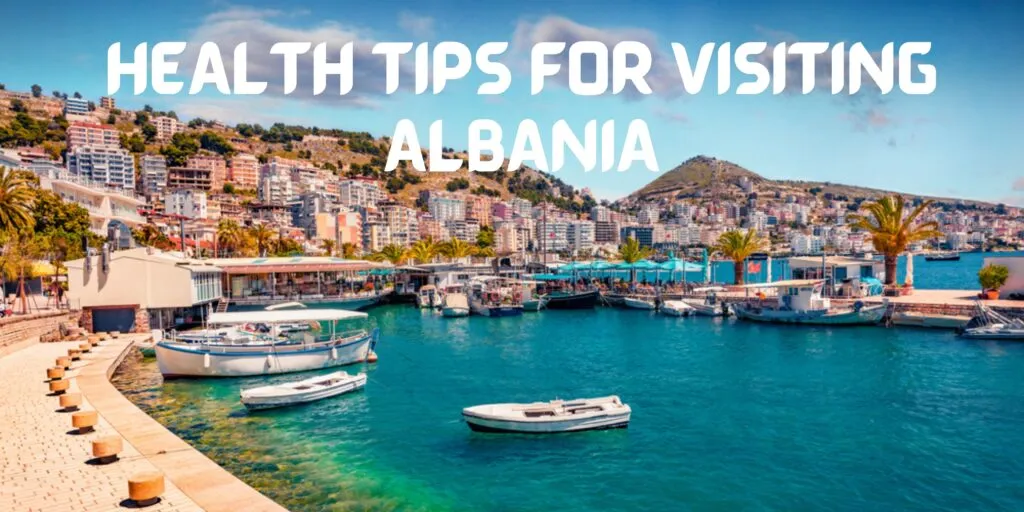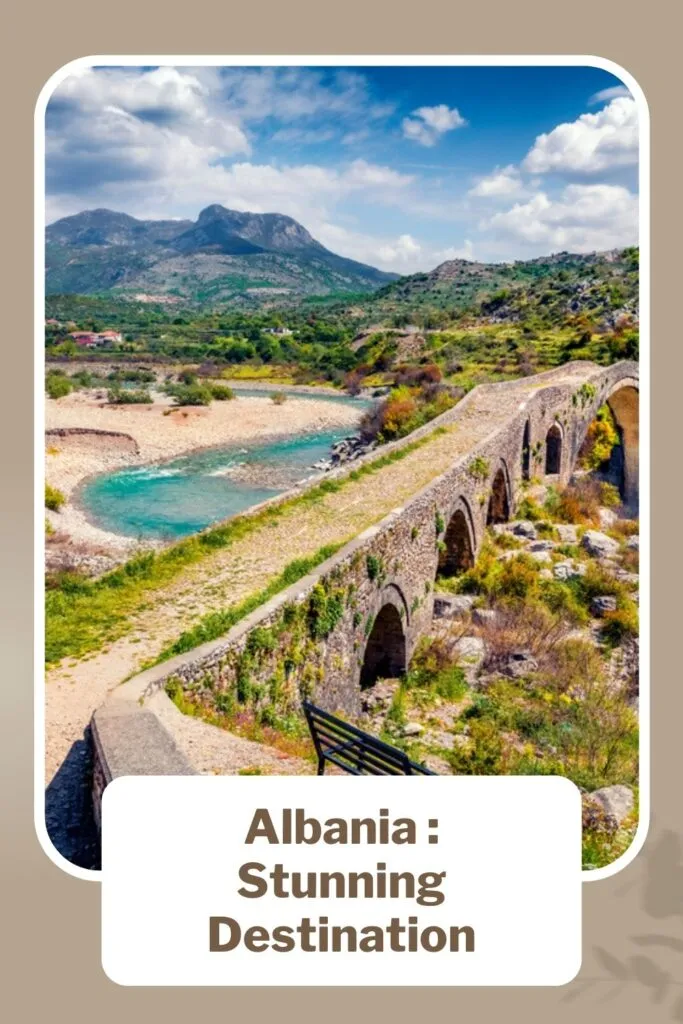Although Albania isn’t among the most popular tourist destinations worldwide, it’s filled with must-visit attractions that can’t be experienced elsewhere. Many of us associate Albania with charity due to the various appeals that we encounter about providing the country with aid. However, you shouldn’t let this taint your perception of Albania, as it’s a region that’s abundant in stunning destinations for you to explore. With this being said, when visiting any country outside of your home nation, you should ensure that you take all the necessary precautions to protect your health. If you’re planning to visit Albania soon, this is how you can ensure your health and safety.
Eat and Drink Safely
One of the most important factors when it comes to maintaining health is being conscious about your eating and drinking habits. You will likely be safe when eating cooked food that is served hot, hard-cooked eggs, vegetables and fruit that you have peeled or washed in clean water, and pasteurized dairy products. Similarly, you can confidently drink bottled water that is sealed, disinfected water, ice that has been made from disinfected or bottled water, carbonated drinks, hot tea, hot coffee, and pasteurized milk.
On the other hand, you should be avoiding room-temperature food, soft-cooked or raw eggs, rare or raw meat/fish, unpeeled or unwashed raw vegetables and fruit, unpasteurized dairy products, and bushmeat. Bushmeat refers to wild game such as bats or monkeys. On top of this, you should avoid drinking well or tap water, ice made with well or tap water, and unpasteurized milk. Consuming any of these products puts you at risk of contracting diarrhea and other diseases.
Avoid Bug Bites
Fleas, ticks, and mosquitoes can carry diseases in Albania, many of which can’t be presented via vaccines or medicines. Therefore, you should do all that you can to prevent bug bites. These measures include covering exposed skin with long-sleeved tops, trousers, and hats, applying a suitable insect repellent, using permethrin-treated gear, staying in screened and air-conditioned rooms, and using a bed net if sleeping outdoors.
A suitable insect repellent will include 20% or more DEET for protection. However, if you do find yourself getting bitten, you should refrain from scratching bites and apply calamine lotion or hydrocortisone to minimize itching. You should also be sure to check your body for ticks subsequent to outside activity.
Keep Safe Outside
If you’re planning on partaking in outside activities, you’ll need to be conscious of weather conditions as they could place you in an unsafe situation. You might also make an effort to acquaint yourself with basic first aid and CPR ahead of your trip and bring a health kit along with you. Similarly, you’ll need to remain nourished and hydrated to avoid heat-related illnesses that can be deathly. On top of this, you should apply a sun cream with a minimum SPF of 15 and remain in the shade between 10 am and 4 pm. Alternatively, if you’re visiting a cold location, be sure to wrap up warm, covering your head, hands, and feet.
If your planned activities involve water, make sure you only swim in designated areas, paying attention to warning flags and lifeguards. If boating, refrain from drinking alcohol and ensure that you’re wearing a life jacket. As well as this, you shouldn’t dive in shallow waters, swim in freshwater, or in developing areas of poor sanitation. Similarly, you should avoid swallowing water whilst swimming and always wear shoes on beaches to avoid contracting diseases and infections.
Conclusion
Health and safety should be at the forefront of your mind in anything that you do. Stay safe during travel.


